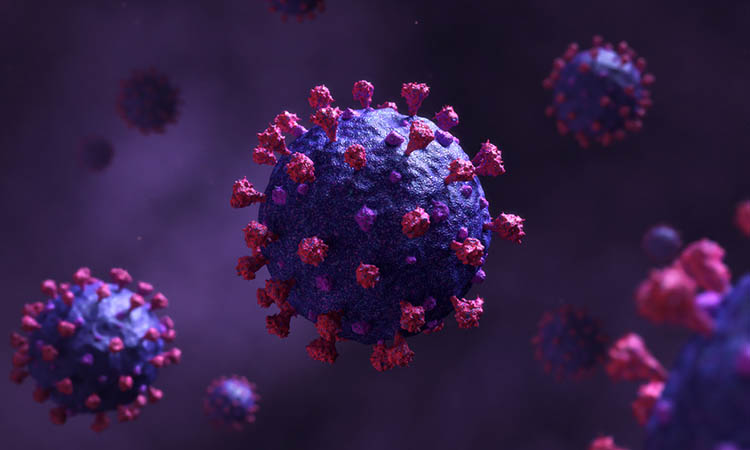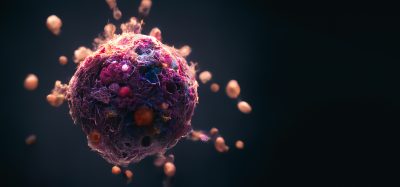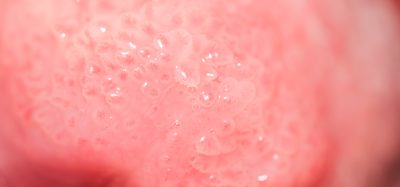Compound that prevents replication of SARS-CoV-2 identified by researchers
Posted: 20 November 2020 | Victoria Rees (Drug Target Review) | No comments yet
Researchers say that the Ebselen compound can inhibit the replication of SARS-CoV-2 in the laboratory, so could combat COVID-19.


A group of researchers has identified a compound called Ebselen (2-phenyl-1,2-benzoselenazol-3(2H)one) that they say could be used to potentially stop the replication of SARS-CoV-2, the virus causing the COVID-19 pandemic. The study was conducted at the Politecnico di Milano, Italy.
According to the researchers, two important aspects of the propagation of a virus are its ability to enter the host’s cells and then to replicate in infected cells. For SARS-CoV-2, the Mpro protein plays an important role in the replication and transcription of the coronavirus. Mpro therefore represents a particularly promising target for blocking the virus itself because a compound that inhibits Mpro blocks the virus, the researchers say.
Testing and screening approximately 10,000 compounds, the researchers found that Ebselen proved to be the most potent inhibitor of Mpro in the laboratory.
“We have identified that the selenium atom of Ebselen strongly interacts with some groups typically present in proteins via the chalcogen bond, a weak bonding that has been studied for years in our laboratories; this binding may contribute to the inhibition of the virus replication. This represents an important step forward in the fight against COVID-19,” said one of the researchers, Professor Giuseppe Resnati at the Politecnico di Milano.
The scientists then elucidated the details of the Ebselen and enzyme binding mechanism. They found that the selenium plays a fundamental role in establishing the interactions that favour the binding of Ebselen to SARS-CoV-2 and to other pathogenic retroviruses in humans such as those of HIV and Hepatitis C.
The study was published in New Journal of Chemistry.
Related topics
Drug Leads, Drug Targets, Research & Development, Screening, Small Molecules, Target Molecule, Targets, Therapeutics
Related conditions
Covid-19
Related organisations
Politecnico di Milano








